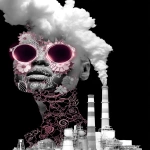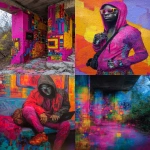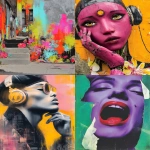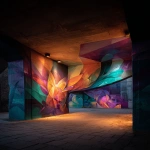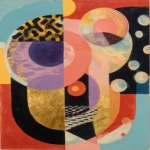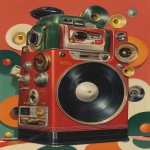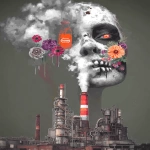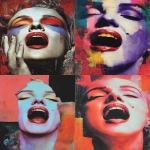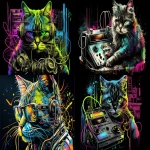Explore the Best AI Image Gallery

AI-Generated Media: A New Frontier in Creativity and Ethics
The creative landscape is undergoing a profound transformation driven by advancements in artificial intelligence (AI). AI-generated media, encompassing text, images, audio, and video, is blurring the lines between human and machine creativity, raising both exciting possibilities and complex ethical questions. This blog post explores this burgeoning field, examining its impact on the creative industry, potential uses, ethical considerations, and future trends.
The Rise of AI-Generated Content
AI algorithms, particularly deep learning models, have made remarkable strides in generating creative content. Text-to-image generators like DALL-E 2 and Stable Diffusion can produce stunning visuals from textual descriptions, while AI-powered music composition tools can create original melodies and harmonies. These advancements are democratizing creativity, making it accessible to individuals without specialized artistic skills.
Impact on the Creative Industry
The proliferation of AI-generated media is reshaping various sectors of the creative industry:
- Design: AI can assist designers in generating design concepts, creating variations, and automating repetitive tasks, freeing up human creativity for higher-level conceptual work.
- Marketing and Advertising: AI can personalize marketing campaigns, generate engaging content, and create targeted advertising based on consumer preferences and behavior.
- Entertainment: AI is being used to create realistic special effects, generate dialogue for video games, and even write scripts for films and television shows.
- Music: AI-powered tools can assist musicians in composing new music, creating unique soundscapes, and even generating entire albums.
Ethical Considerations
The rise of AI-generated media also presents several ethical challenges:
- Copyright and Ownership: Questions arise about the ownership rights of AI-generated content. Who owns the copyright: the developer of the AI, the user who provides input, or the AI itself?
- Bias and Discrimination: AI algorithms are trained on vast datasets, which may contain biases that are reflected in the generated content. This can perpetuate harmful stereotypes and discrimination.
- Misinformation and Deepfakes: The ability to generate realistic fake media raises concerns about the spread of misinformation and the erosion of trust in information sources.
- Job Displacement: AI-generated content may automate certain creative tasks, potentially leading to job losses in the creative industry.
Future Trends
The field of AI-generated media is rapidly evolving. Future trends include:
- More sophisticated and versatile AI models: AI algorithms will continue to improve in their ability to generate high-quality, human-like creative content across various mediums.
- Increased personalization and customization: AI will enable users to personalize and customize generated content to their specific needs and preferences.
- Integration with other technologies: AI-generated media will be increasingly integrated with virtual reality (VR), augmented reality (AR), and the metaverse, creating immersive and interactive experiences.
- Ethical frameworks and regulations: As AI-generated media becomes more prevalent, there will be a growing need for ethical guidelines and regulations to address the potential risks and ensure responsible use.
Conclusion
AI-generated media represents a transformative force in the creative industry, offering both immense opportunities and complex challenges. By embracing its potential while addressing its ethical implications, we can harness the power of AI to enhance creativity, foster innovation, and shape the future of artistic expression.
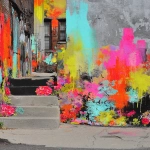
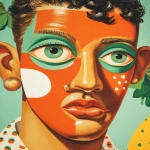
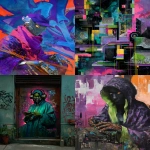
](https://images.ai-img.art/thumbnails/150/33d5e6d1da2b8ec2c4b8eab20d051c27c26d7a4991a77faf06fd03e96617fb1e.webp)
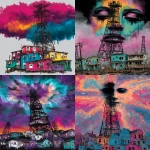
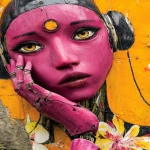
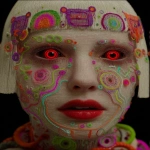
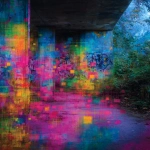
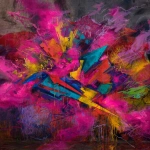
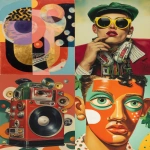

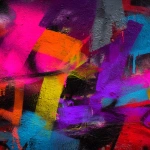
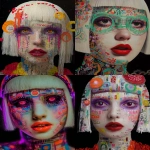
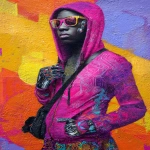
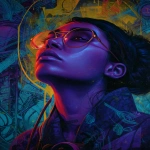

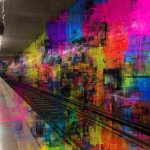
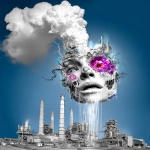
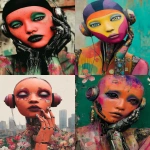

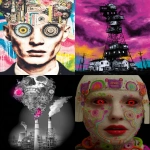


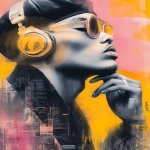
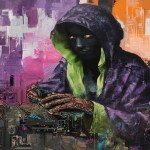

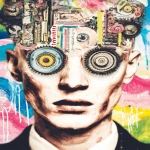
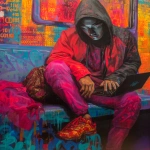
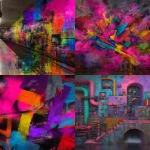
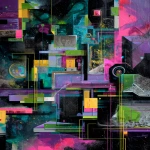

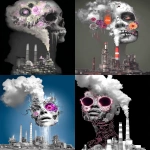
](https://images.ai-img.art/thumbnails/150/1aa8215ea9a4f6970e81a10bdb4feb3b08d5e1a202c3c7ed2c9380f2f63d5a74.webp)
](https://images.ai-img.art/thumbnails/150/664a559b73eaff070d6f7fc7b3b151718aef9fa3a3f12f90b3c9092ceaa3cb56.webp)
